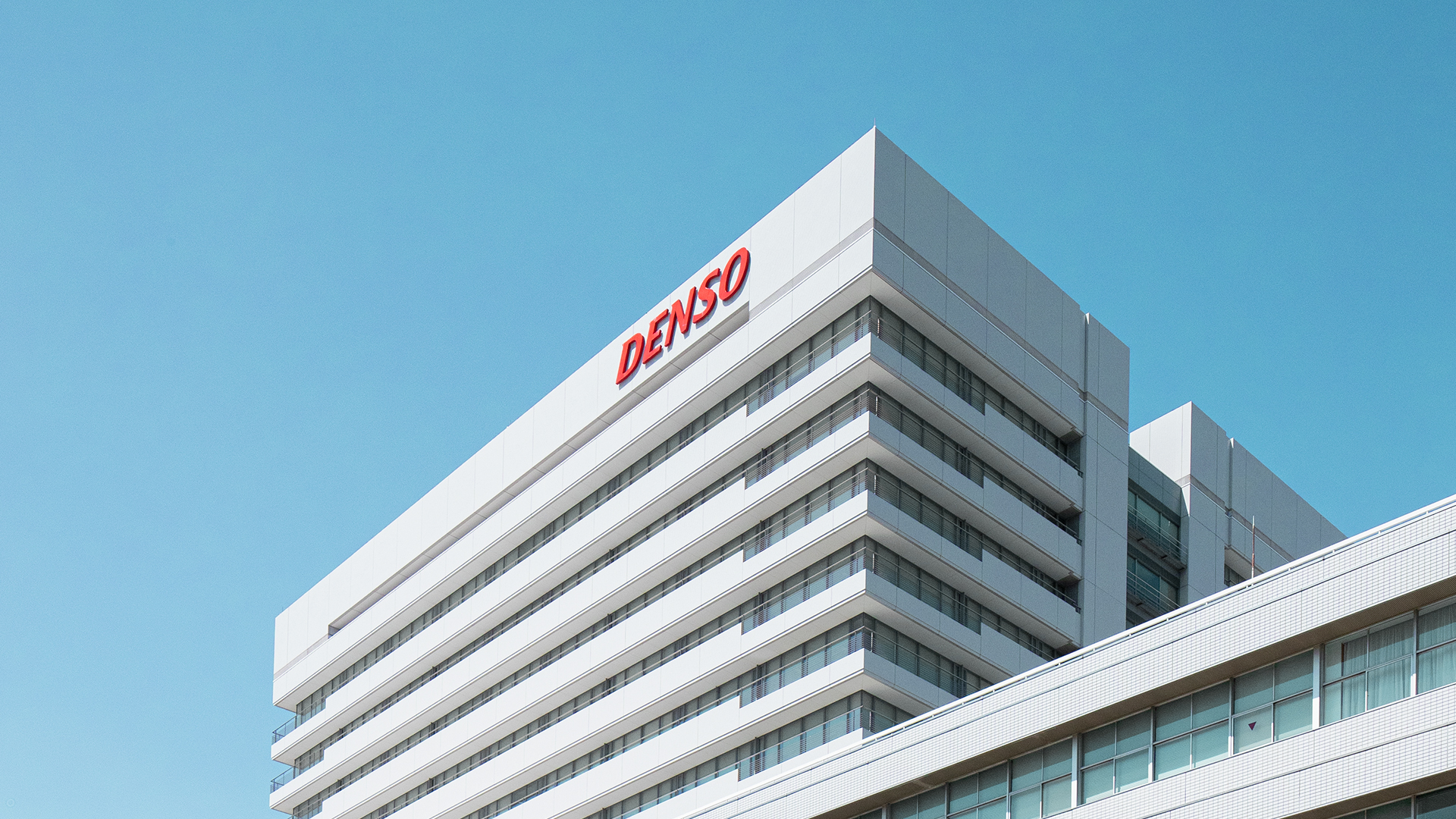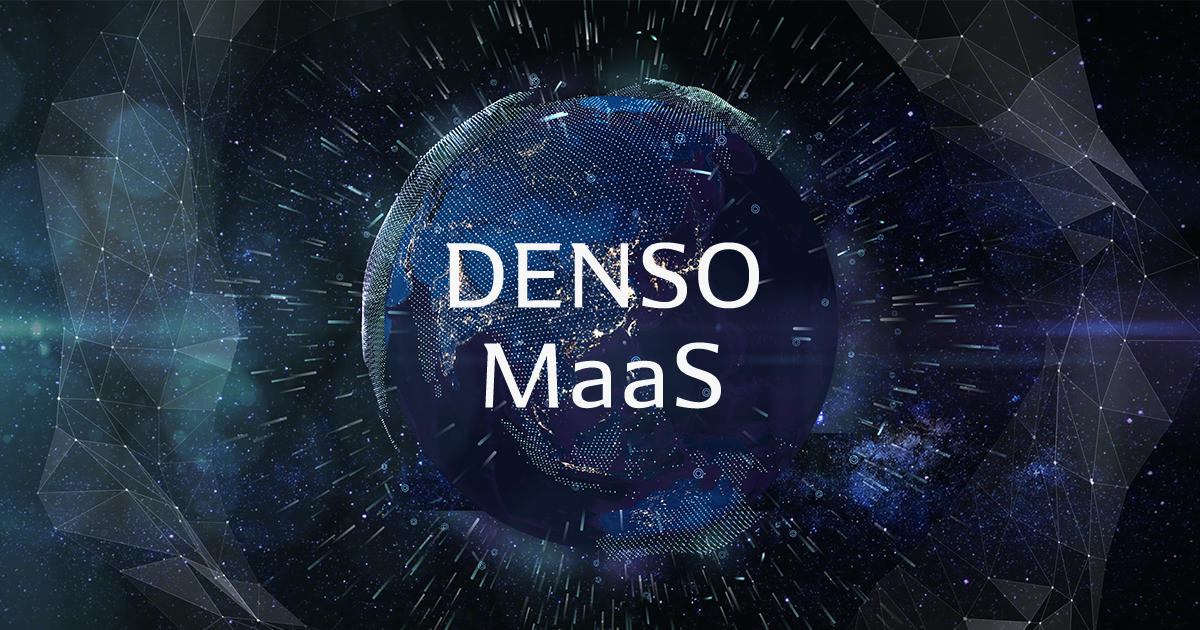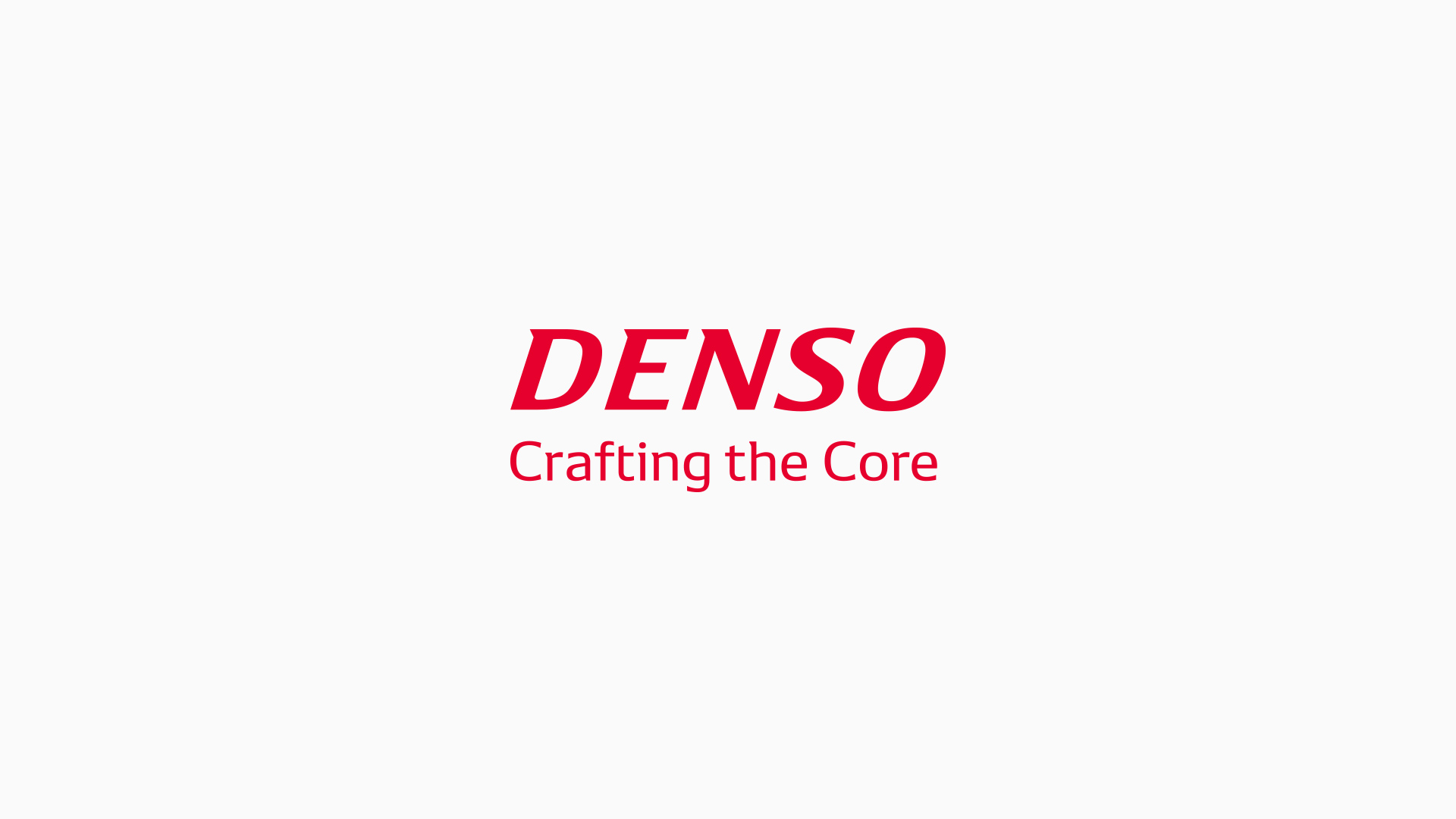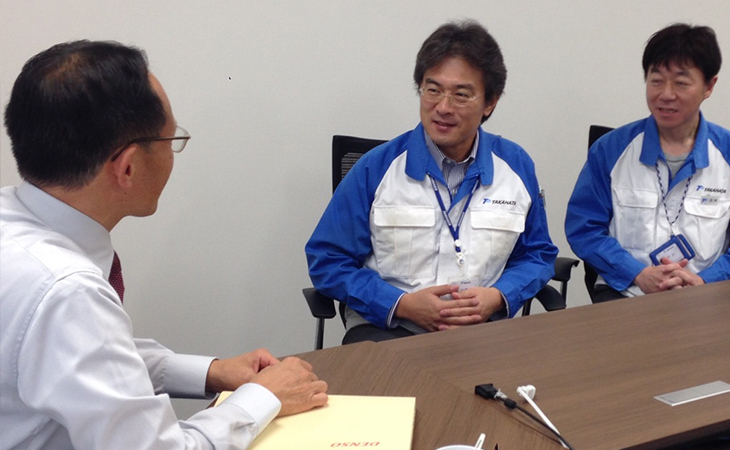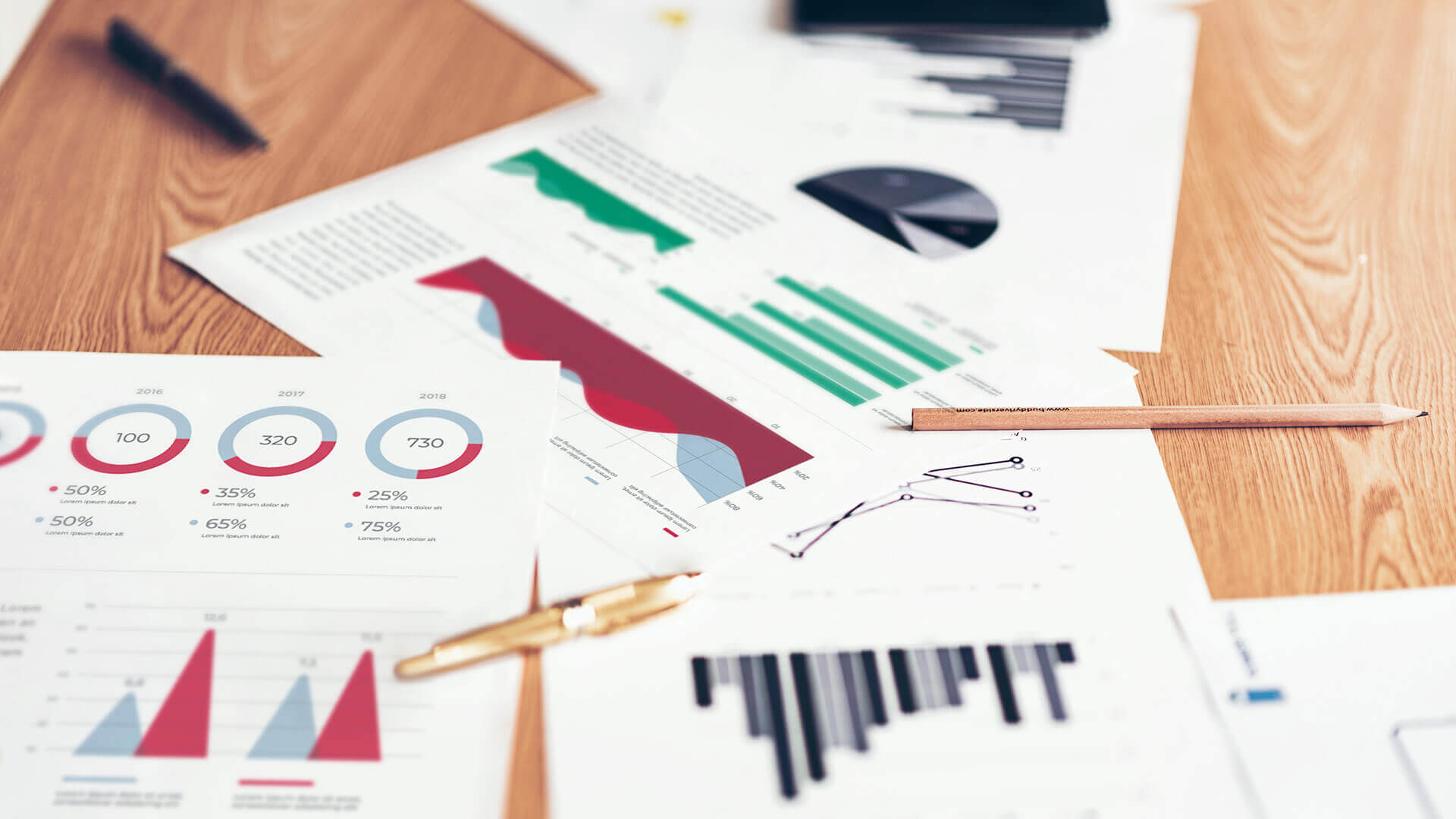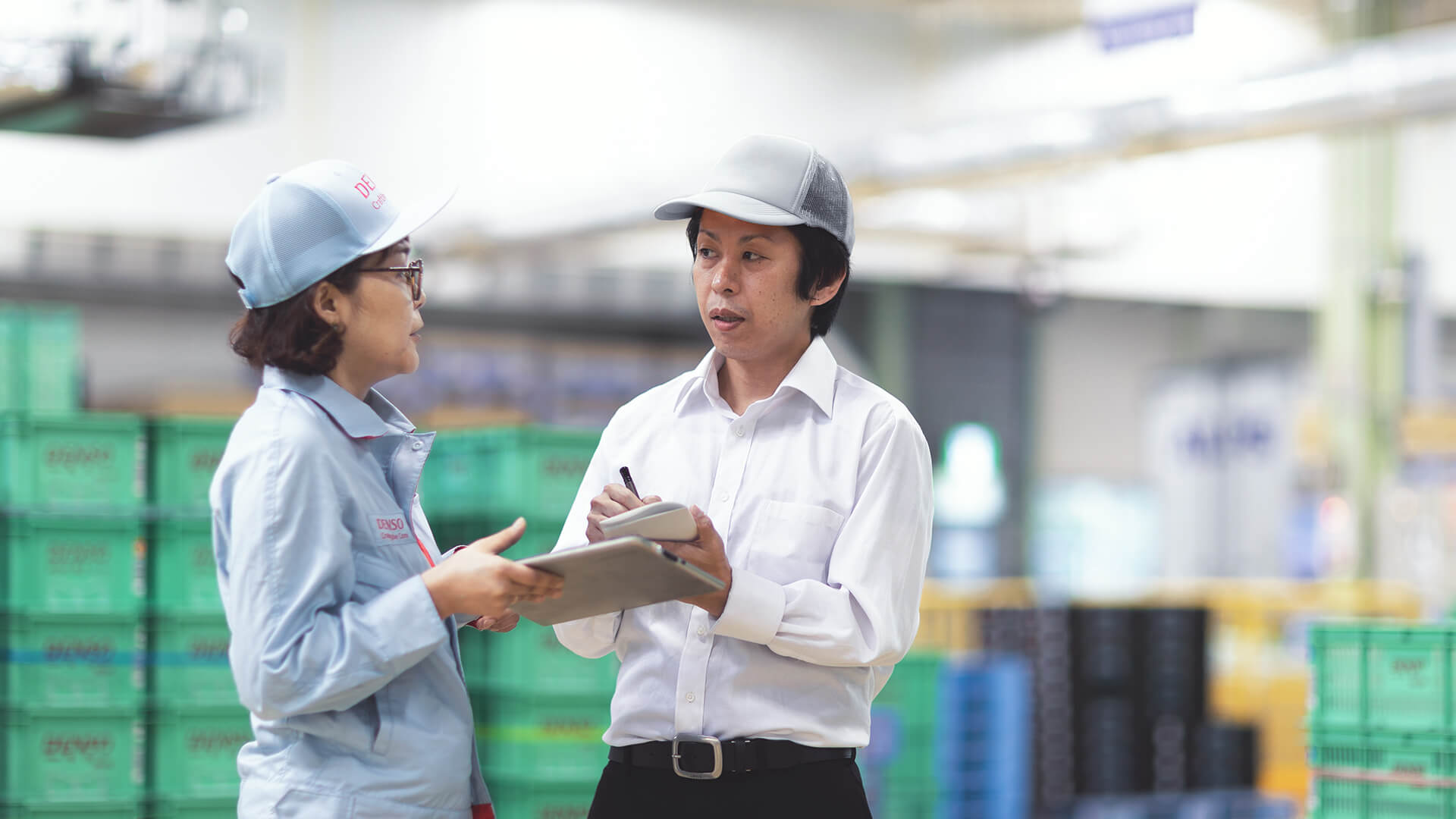
Promoting Sustainability throughout the Supply Chain
Basic Stance
Due to the extent of their influence on society, multinational corporations engaging in business in the global market are expected to implement policies and measures for promoting corporate conduct that takes into consideration responsibilities such as legal compliance, protection of human rights and labor, the environment, and business ethics, both in their own operations and in those of their suppliers. As such, we believe that promoting sustainability, an approach that exercises social responsibility throughout the entire supply chain, is a mission of the DENSO Group in becoming a trustworthy corporate group in harmony with society.
To this end, DENSO requests that all of its suppliers agree to the DENSO Group Sustainability Policy as well as conclude a basic transaction contract that addresses issues such as compliance, protection of human rights, environmental conservation, and occupational safety. We also ask our suppliers to promote sustainability through such means as assigning a contact person for matters concerning sustainability and clarifying their own related policies.
Specific Initiatives
Promoting Sustainability under the Supplier Sustainability Guidelines
In order to efficiently promote sustainability together with its suppliers, DENSO has established the Supplier Sustainability Guidelines, which are based on requests from the industry and customers in Japan and overseas and are shared with all of its suppliers. Also, we regularly ask our suppliers to assess their own sustainability practices through self-diagnostic sheets based on these guidelines, who have agreed to promote activities in line with the objectives of these guidelines. We hold dialogues with a certain number of suppliers who complete these sheets each year, in which we ask them to make improvements to particularly important items.
Additionally, we ask our suppliers to request the implementation of similar initiatives from their suppliers (Tier 2 suppliers for the DENSO Group). We also carry out such initiatives across the entire supply chain.
| Results | Percentage | Details and Activities |
|---|---|---|
| No concerns | Approx. 95% | - |
| Concerns | Approx. 5% |
〈Main Concerns〉 Policy not passed on to their own suppliers (DENSO’s Tier 2 suppliers) 〈Actions〉
|
-
Supplier Sustainability Guidelines
-
Supplier self-diagnostic sheet (1. Results table)
-
Supplier self-diagnostic sheet (2. Self-check sheet)
Main Content and Implementation of the Supplier Sustainability Guidelines
-
Main content
-
Safety and product quality
-
Human rights and labor
-
Environment
-
Compliance
-
Disclosure
-
Risk management
-
Responsible material procurement
-
Social contribution
-
Development for all suppliers
-
-
Implementation
1.Common knowledge Distributing Supplier Sustainability Guidelines 2.Visualization of strengths and weaknesses ・Distributing handbooks and self-diagnosis
・Collecting diagnostic sheets.3.Inspection Carrying out on-site visits by responsible DENSO Group personnel to conduct evidence-based checks 4.Improvement Holding study sessions(including lectures)
New Supplier Assessments
For new suppliers seeking to engage in business with the Company, we have established and operate a set of guidelines that serve as internal rules for selecting such suppliers.
Decisions on whether or not to do business with new suppliers are made based on an examination of their financial status, in addition to confirming the acquisition status of ISO 9001, IATF 16949, and other certifications related to quality management and verifying whether activities laid out in the DENSO Group Supplier Sustainability Guidelines are being adopted.
Dialogue with Suppliers
We visit several DENSO Group suppliers on a regular basis to exchange opinions.
The number of social issues that need to be considered when promoting business activities has been rapidly increasing in recent years. With this in mind, we communicate to suppliers important points to remember and provide them with support in the event they need to make improvements.
Comments from Suppliers
-
“Exchanging opinions about activities is very useful. We hope to have similar opportunities in the future as well.”
-
“For companies that do not have departments specialized in monitoring information on revisions to applicable laws and regulations (such as those pertaining to internal reports) and on social trends related to such matters as carbon neutrality and human rights, collecting such information is difficult.
-
We hope that DENSO will continue to provide relevant information in this field.”
Number of suppliers with whom we have engaged in dialogues since 2014:50
Key matters raised in dialogues:
Establishing sustainability policies and instilling awareness in all employees
Promoting awareness of the Supplier Sustainability Guidelines among all suppliers
Sharing points to be aware of when using non-Japanese technical interns
Preventing acts of bribery
Implementing open, fair, and transparent transactions
Supplier Training
The environment surrounding companies with respect to sustainability is changing at a rapid speed. Realizing the importance of ensuring that this trend is fully understood throughout the supply chain and the appropriate actions be taken in response, we at DENSO offer training programs to all of our major suppliers.
In November 2023, we held a sustainability briefing for around 230 domestic suppliers to discuss the needs and expectations of customers and other stakeholders with regard to sustainability overall, the environment, human rights, and other topics.
We also hold briefing sessions as appropriate on topics such as achieving carbon neutrality and strengthening information security in order to ensure thorough awareness of the significance of addressing these issues throughout the supply chain.
Initiatives to Promote the Responsible Procurement of Resources and Raw Materials
Supply chains are becoming more global and diverse following the continued globalization of corporations’ businesses. However, we recognize that there are still situations around the world in which the rights of workers are not considered, including forced labor, child labor, and poor working environments.
DENSO CORPORATION and its Group companies recognize that minerals (such as 3TG metals, cobalt, and mica), mined in countries and regions where there is high risk of conflict and human rights violations, represents one of the most significant social issues within the supply chain, and they have been promoting the procurement of minerals that gives consideration to environmental impact as well as social problems such as human rights infringement.
As for specific initiatives, we have established a Companywide policy to respond to the issue of conflict minerals. At the same time, we have made revisions to the Supplier Sustainability Guidelines to include content on conflict minerals. We ask that all of our suppliers procure resources and materials with a strong sense of responsibility. In addition, we have all relevant suppliers cooperate with a minerals(Conflict mineral called 3TG, cobalt and mica ) survey each year. In fiscal 2024, we received responses from all suppliers that we had asked to complete the survey (approximately 5,100 suppliers). No significant matters pertaining to the issue of minerals were found as a result of this survey.
Following changes in the market, including the electrification trend, the number of minerals of concern has been increasing. Accordingly, we will regularly review relevant risks and examine our response policies as a company. Through cooperation with our business partners, we will continue to make efforts to avoid the use of minerals suspected of being procured through non-humanitarian acts going forward.
DENSO Group policies and approaches toward conflict minerals
We, DENSO Corporation and its Group companies, promote the procurement of materials with consideration of their impact on the environment and social problems such as human rights infringement and others.
We recognize that the issue of conflict minerals, which originate in the Democratic Republic of the Congo or adjoining countries, is one of the significant social issues among supply chains.
We conduct inquiries about the usage of conflict minerals, and we will take appropriate steps to avoid procurement of materials that can cause social injustices or finance armed groups.
We also ask our suppliers to understand our policies and approaches and to promote responsible material procurement.
Green Procurement
In keeping with DENSO EcoVision 2025, DENSO has established the DENSO Group’s Green Procurement Guidelines designed to reduce the use and emissions of environmentally hazardous substances on an ongoing basis. To this end, we have been requesting the following initiatives to our suppliers.
-
Establish an environmental management system
-
Manage and reduce environmentally hazardous substances
-
Reduce CO2 Emissions within Logistics Activities, reducing packing material usage
-
Improve environmental performance
Promoting Carbon Neutrality across the Supply Chain
It has been proven using data that the Earth’s global average temperature has been increasing since the Industrial Revolution and containing this temperature rise presents a significant challenge for DENSO in the years ahead. To resolve this issue, it is imperative that DENSO and its suppliers work together to overcome this major obstacle.
Accordingly, we have shared with suppliers our medium-term goal of reducing CO2 emissions by 25% by fiscal 2031 (a reduction of 2.5% each year) compared with fiscal 2021 levels, as well as our long-term goal of realizing carbon neutrality by fiscal 2051, and requested their cooperation to that end. Also, we offer support to suppliers through measures that are tailored to their individual needs by monitoring their CO2 emissions and related issues. More specifically, DENSO has been supporting the efforts of suppliers on multiple fronts, such as by sharing know-how on energy conservation, loaning devices that measure energy use, reducing CO2 emissions from logistics processes, transitioning to the use of materials that generate fewer CO2 emissions, and sharing methods of renewable energy procurement, with a view to achieving a carbon-neutral supply chain.
In addition, we confirm the situations and plans of suppliers and promote activities in cooperation with them by organizing carbon neutrality briefings, offering tours of carbon-neutral plants, and providing other opportunities for communication as appropriate.
Road Map for Achieving Carbon Neutrality in the Supply Chain
Training for Employees Belonging to Procurement Divisions
In order to promote green procurement activities together with its suppliers, DENSO holds training sessions each year for all employees belonging to procurement divisions that focus on the content of the Company’s Green Procurement Guidelines.
Assessing Environmental Risks
-
Environmentally Hazardous Substances
In recent years, environmental laws and regulations of each country have become stricter. To steadily respond to these tighter laws and regulations, we have been working with our suppliers to utilize the International Material Data System, a data system geared toward the automotive industry, as part of our standard format for surveying chemical substances contained within the products supplied to us. -
Water Consumption
Due to the escalation of water pollution, water shortages, floods, and various other water-related issues in recent years, measures to address such risks have continued to gain prominence. Since 2018, DENSO has been regularly surveying suppliers on their awareness of the amount of water discharged and consumed (including industrial water, drinking water, groundwater, and rainwater) through their business activities. -
New Suppliers
When engaging in business with new suppliers, we confirm whether or not they have obtained ISO 14001 or third-party certification as a part of our environmental risk assessment. If a supplier is not certified, we confirm whether it has met DENSO’s proprietary guidelines and, in the case of the supplier not meeting all of the items on these guidelines, we request that improvements be made, the results of which are confirmed thereafter.
Anti-bribery Compliance Activity
DENSO has ensured thorough compliance with anti-bribery regulations under DENSO Global Anti-Bribery Policy and Anti-bribery compliance committee by introducing anti-bribery internal rules and engaging in educational activities to the employees, etc..
We must require all those involved in our business not to bribe etc. in the relationships with political parties or administrative bodies and not to engage in giving or receiving gifts, entertainments or money with third parties with the intention to acquire or maintain unjust interest or wrongful preferential treatment.
Participation in Various Initiatives
DENSO participates in industrial associations, such as the Japan Auto Parts Industries Association (JAPIA) and Japan Electronics and Information Technology Industries Association (JEITA). Since May 2023, the Company’s president has served as a director of JAPIA and has played a leading role in the organization’s efforts to address the issues of not only its own but also the supply chain as a whole through the strengthening of partnerships with companies in the automotive, electronic component, and semiconductor industries.
Moreover, on a practical basis, we participate in working groups organized by these associations. For instance, through JAPIA’s working group on conflict minerals, we have provided support aimed at introducing and enhancing survey methods at each participating company.
Furthermore, collaborative initiatives across the entire automotive industry are crucial to achieving the carbon neutrality of society as a whole. To that extent, we participated in the formulation of the JAPIA LCI Guidelines *1 and the development of calculation tools in order to efficiently calculate the environmental impact within the complex supply chains of the automotive industry, from the manufacturing stage through to the stage of use. Our involvement in this activity was highly praised, helping us win the Award of the Director-General of the Industrial Science and Technology Policy and Environment Bureau, Ministry of Economy, Trade and Industry from the LCA*2 Society of Japan in March 2018. Moreover, we have continued to promote activities to realize carbon neutrality across the industry, such as by creating guidelines for achieving net-zero emissions, materializing requests to the government, and strengthening cooperation with other organizations.
*1 Life Cycle Inventory (LCI): Method for calculating the amount of environmental impact from a targeted product throughout its life cycle
*2 Life Cycle Assessment (LCA): Method for evaluating environmental impact of a product using the results calculated through LCI
Future Initiatives
Our customers, investors, and other stakeholders continue to have greater expectations regarding our sustainability initiatives in the supply chain, including initiatives toward the environment, workplace safety and health, and human rights.
Accordingly, with the aim of establishing the plan-do-check-act (PDCA) cycle comprising self-diagnosis, inspection, and improvement under the Supplier Sustainability Guidelines, we will continue to work with our suppliers to constantly raise the level of sustainability activities while making efforts to strengthen our partnerships with them.



